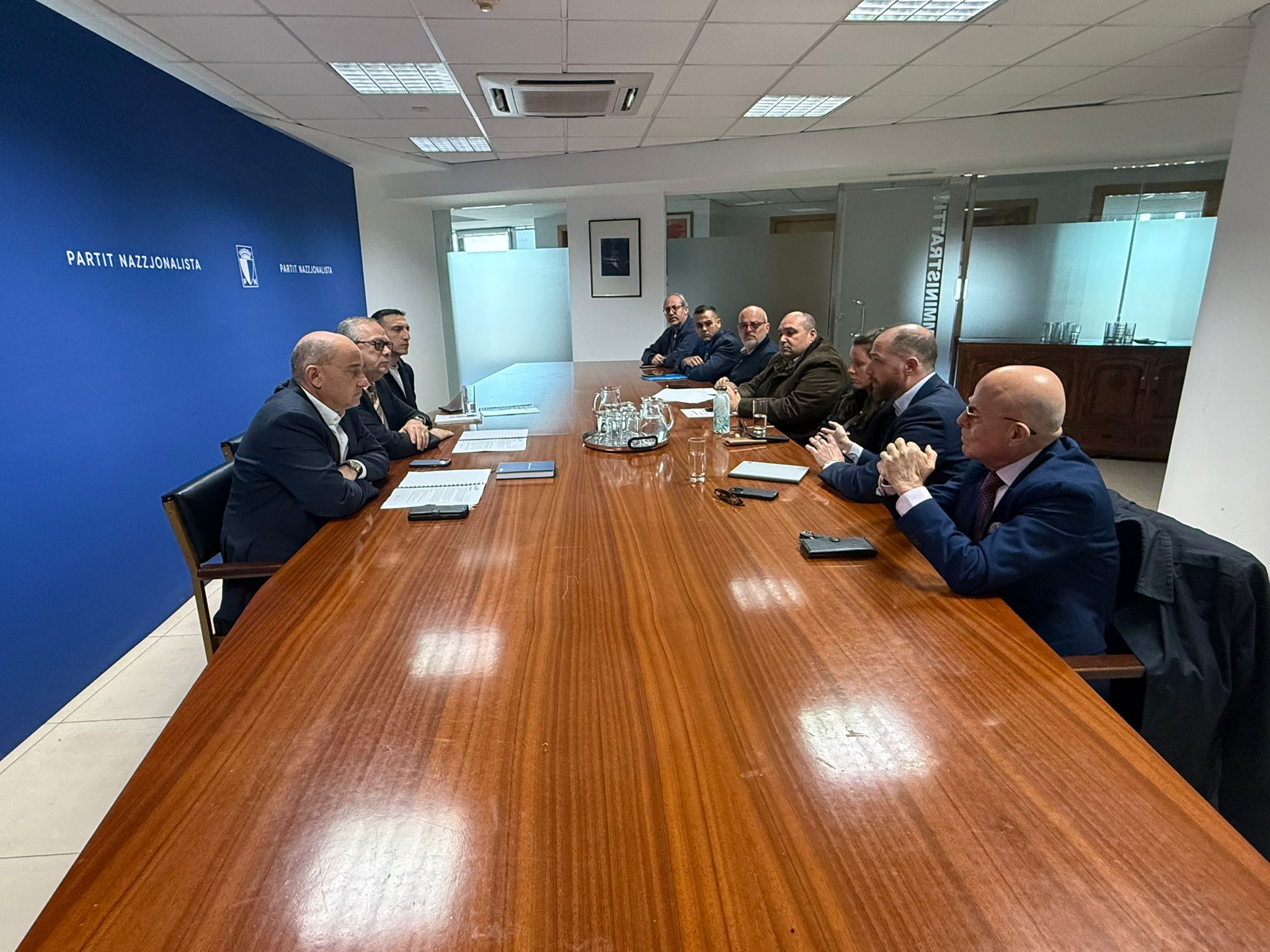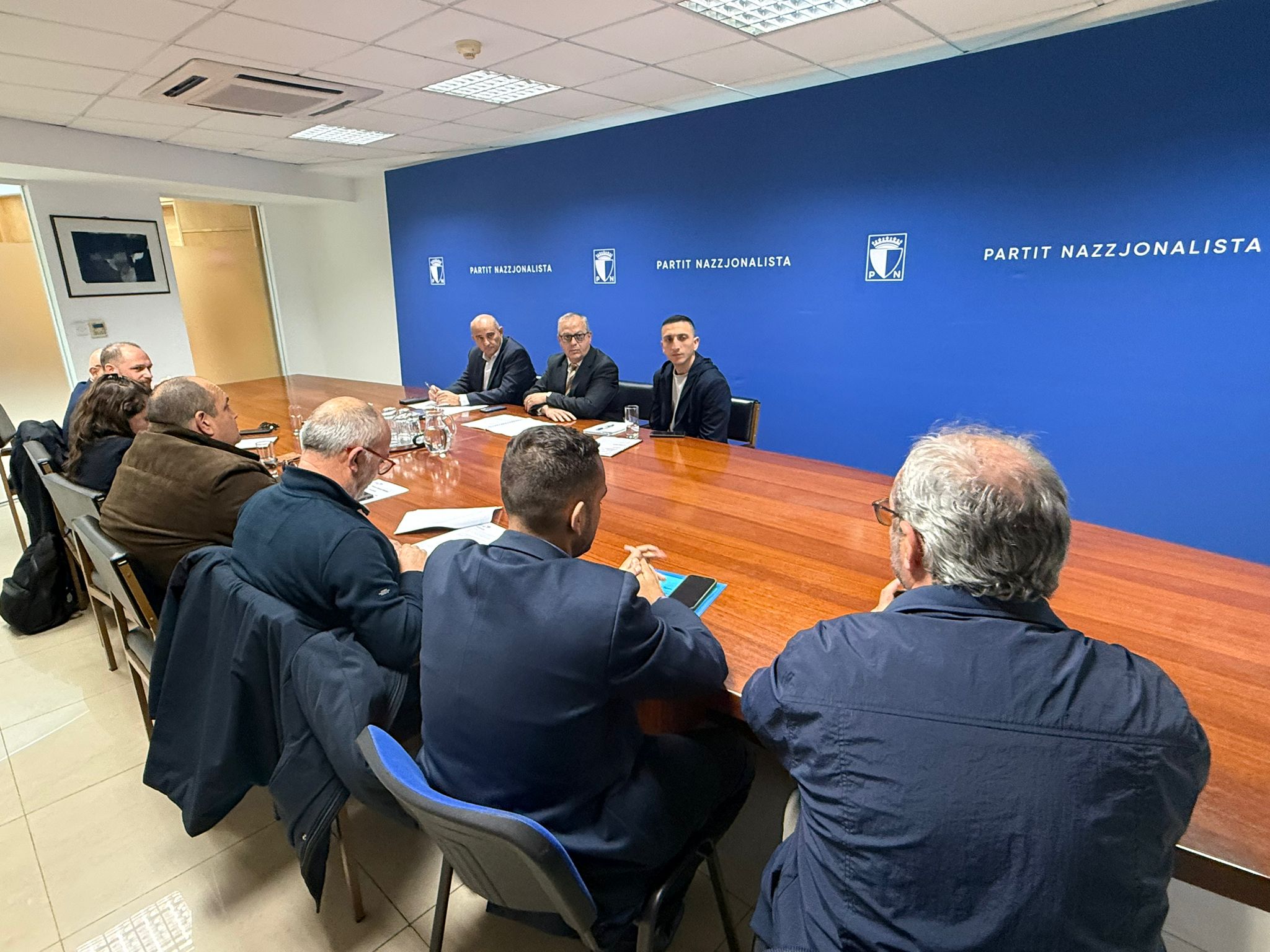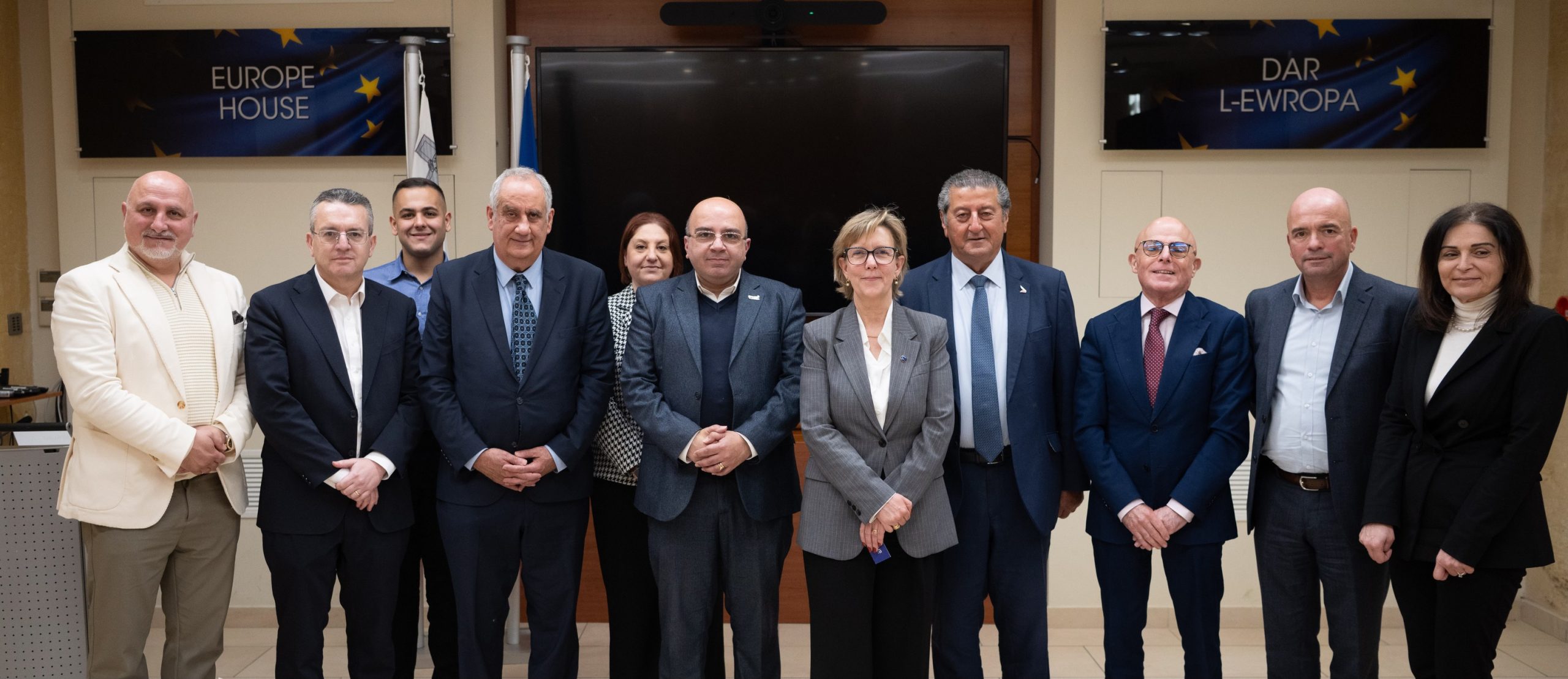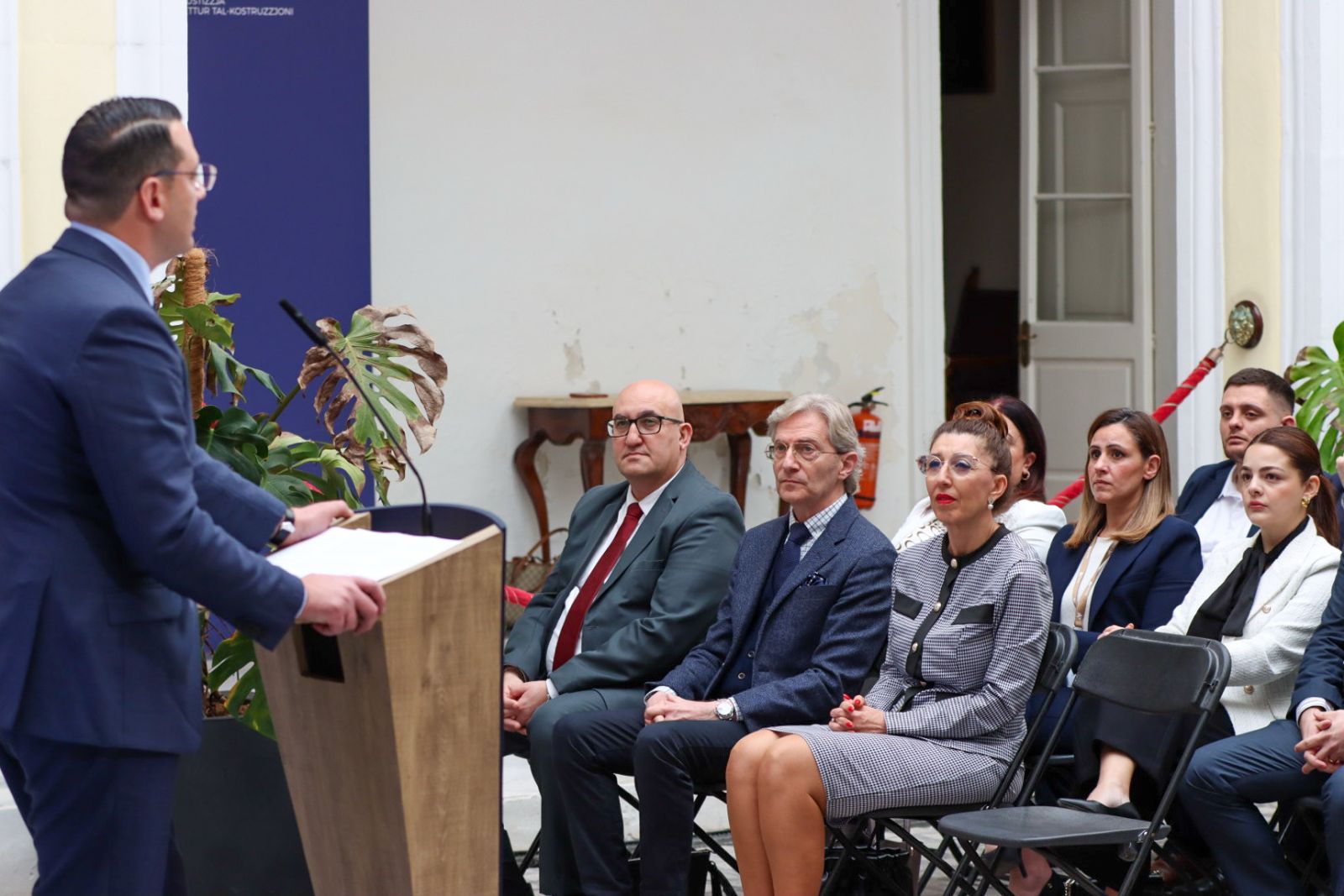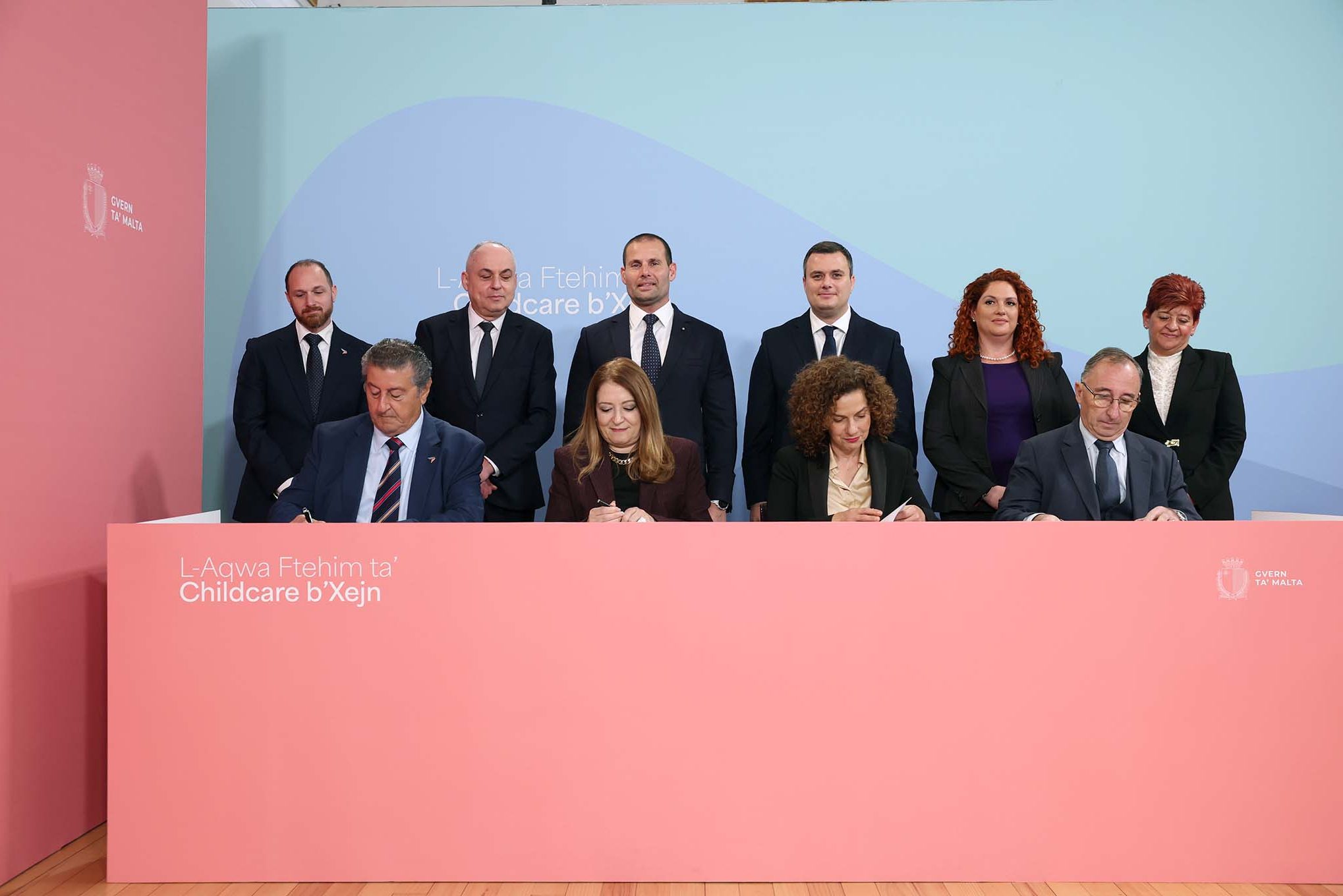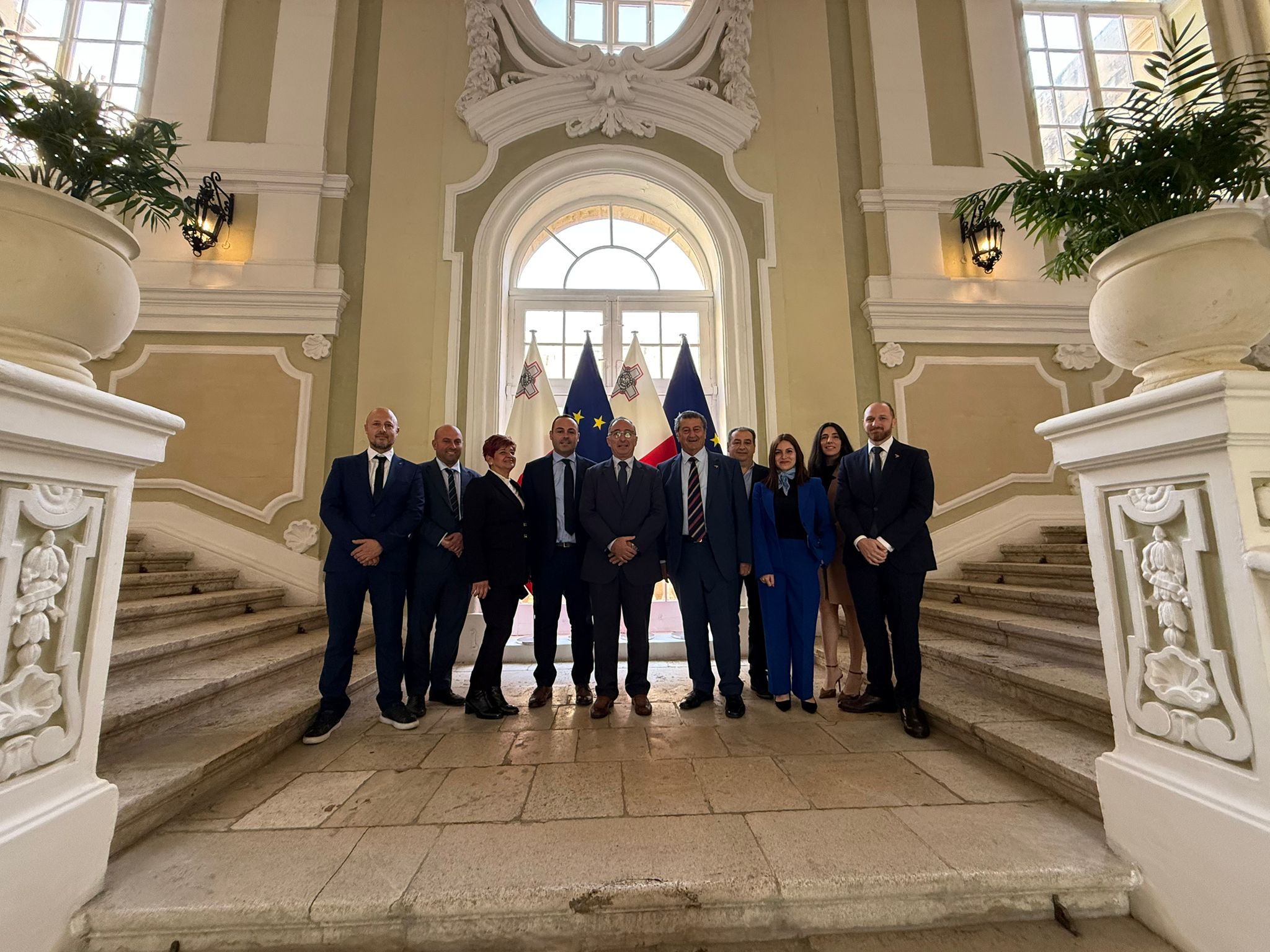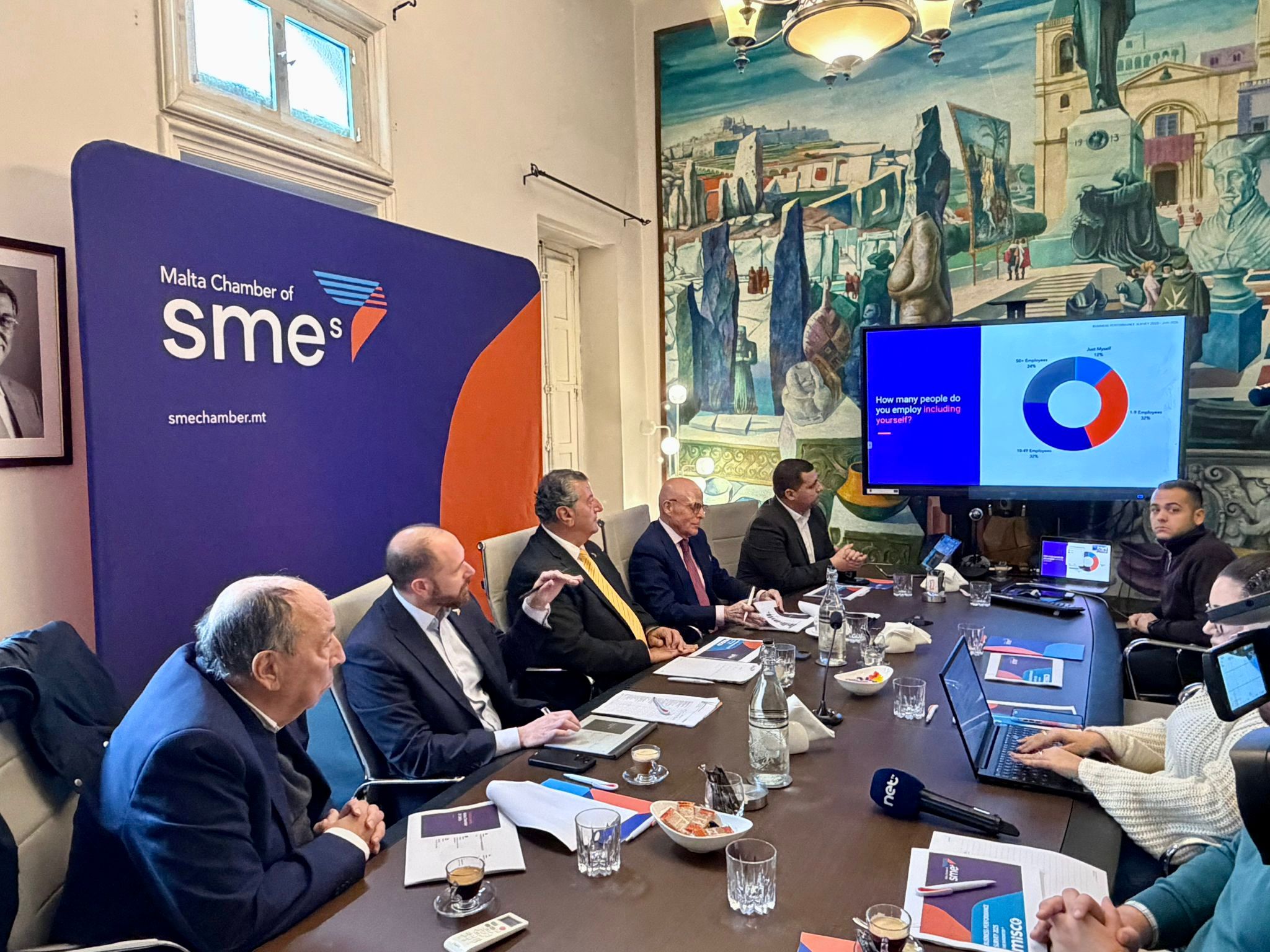
The Malta Chamber of SMEs in collaboration with Misco has published the results of its latest Business Performance Survey 2025 – SME Barometer®, providing key insights into the challenges and performance of businesses operating in Malta over the past year. Conducted between 8th and 21st January 2026, the online survey gathered responses from 351 businesses across various sectors, offering a comprehensive snapshot of the SME landscape.
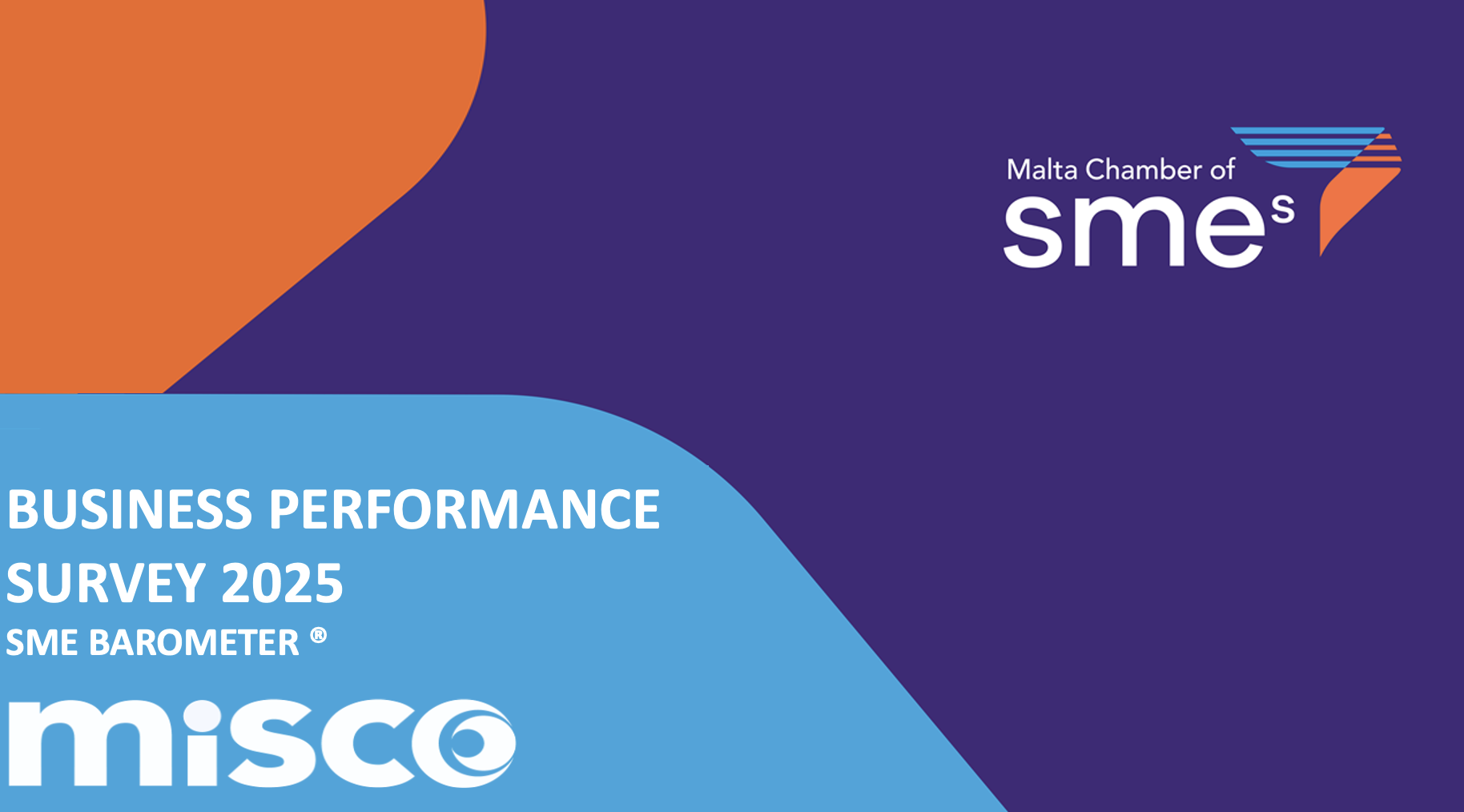
Turnover shows modest growth, but pressures persist
When compared to 2024, 43% of businesses reported an increase in turnover during 2025, while 31% stated sales remained the same, and 26% experienced a decrease. This reflects a slight improvement compared to the previous year.
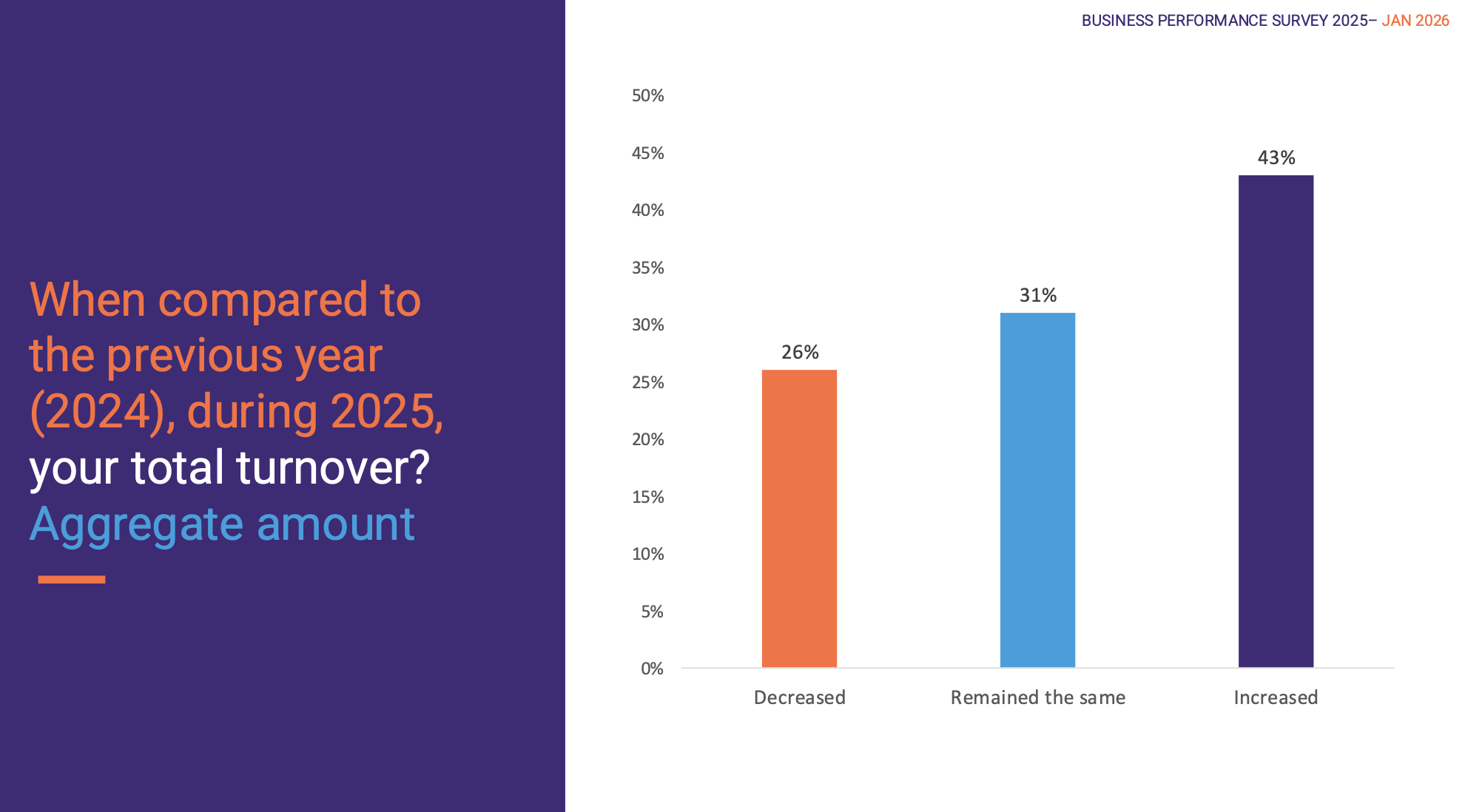
Businesses that saw increased sales attributed growth mainly to:
• Increased brand presence and improved marketing efforts
• Better sales strategies such as promotions and offers
• Price increases driven by external factors
• Diversification and changes in business models
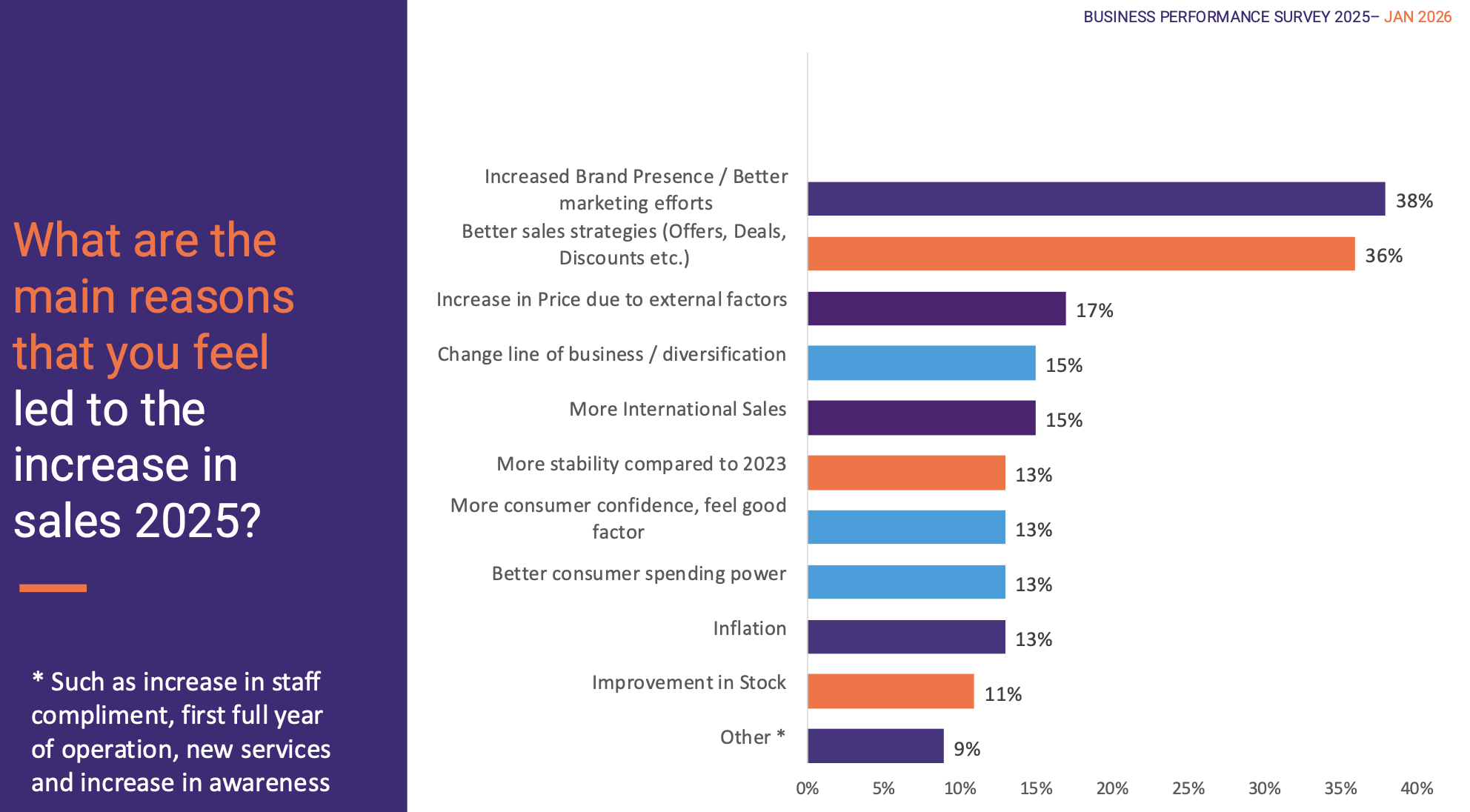
Meanwhile, those with stagnant or declining turnover highlighted:
• Rising operational costs
• Increased competition
• Reduced customer spending power
• Labour shortages
• Inflation and global uncertainty
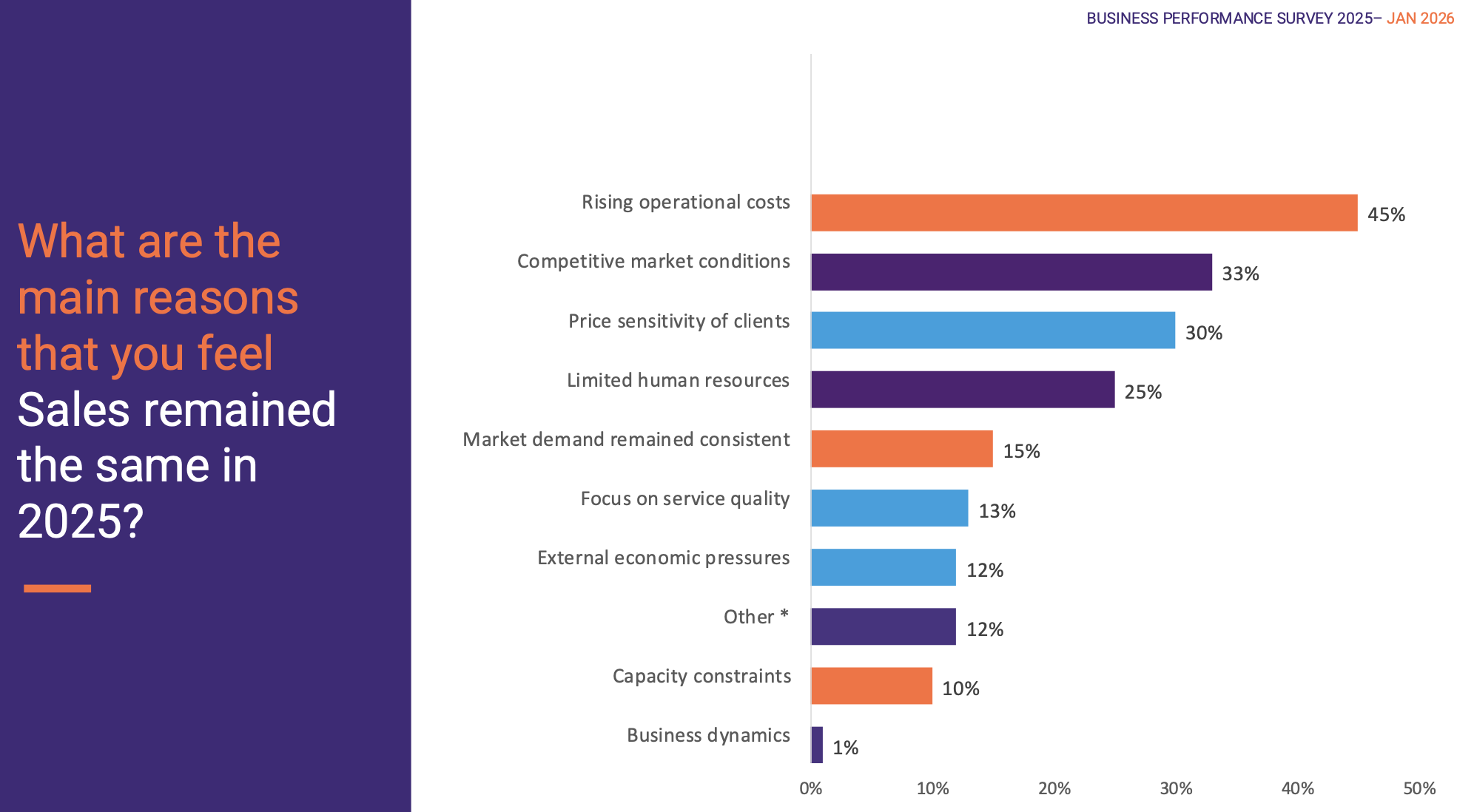
Profitability remains largely unchanged
Despite fluctuations in sales, profitability levels remained broadly stable:
• 39% reported profits remained the same
• 35% indicated they were less profitable
• 26% experienced higher profitability
This suggests that rising costs are absorbing much of the revenue growth seen in
parts of the business community.
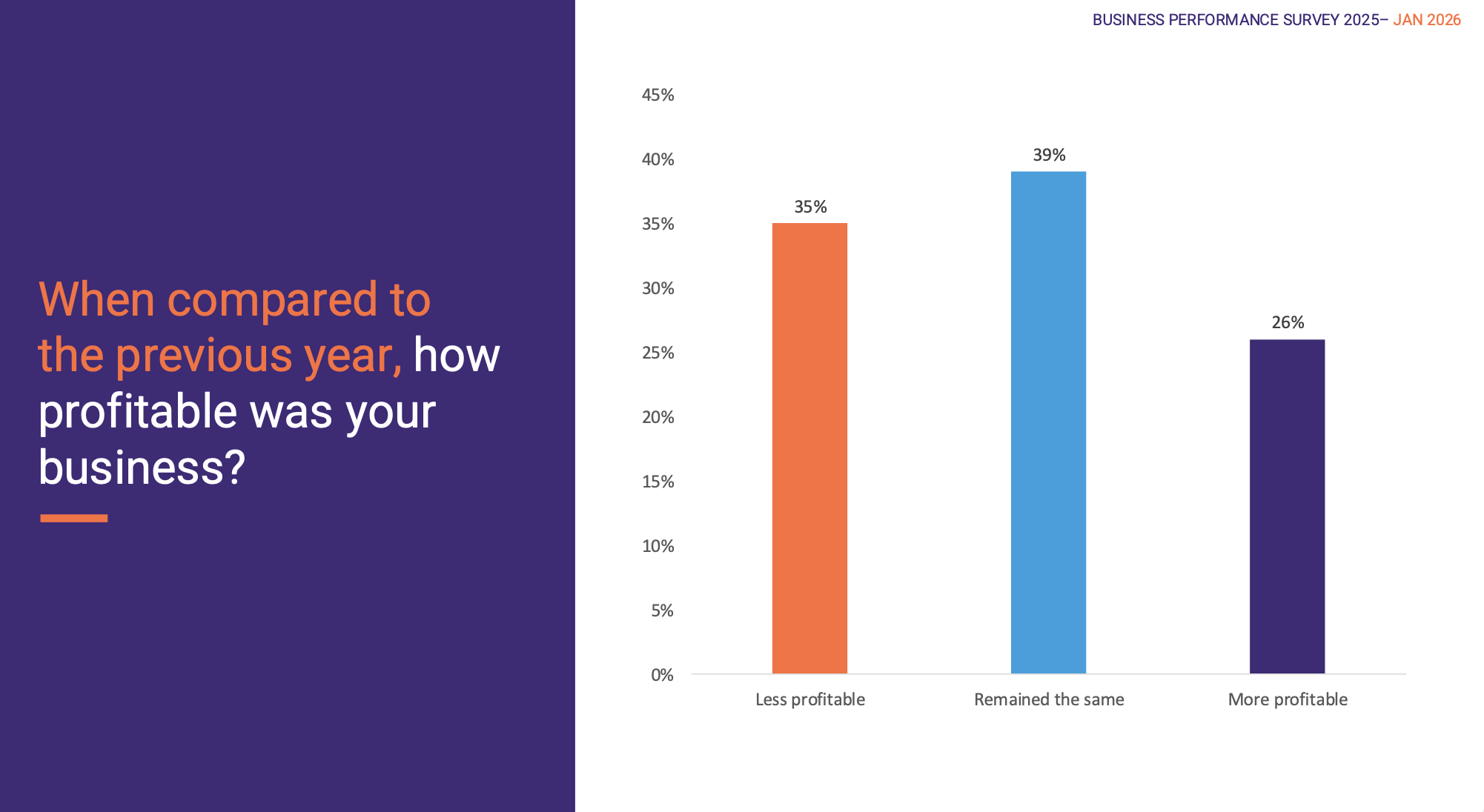
Wage costs and imported goods drive price increases
Among businesses that increased prices in 2025, the main contributing factors were:
• Employee wage and salary costs (59%)
• Higher cost of imported products (40%)
• Increased overheads excluding wages
• Transport and freight costs
• Rent and regulatory compliance expenses
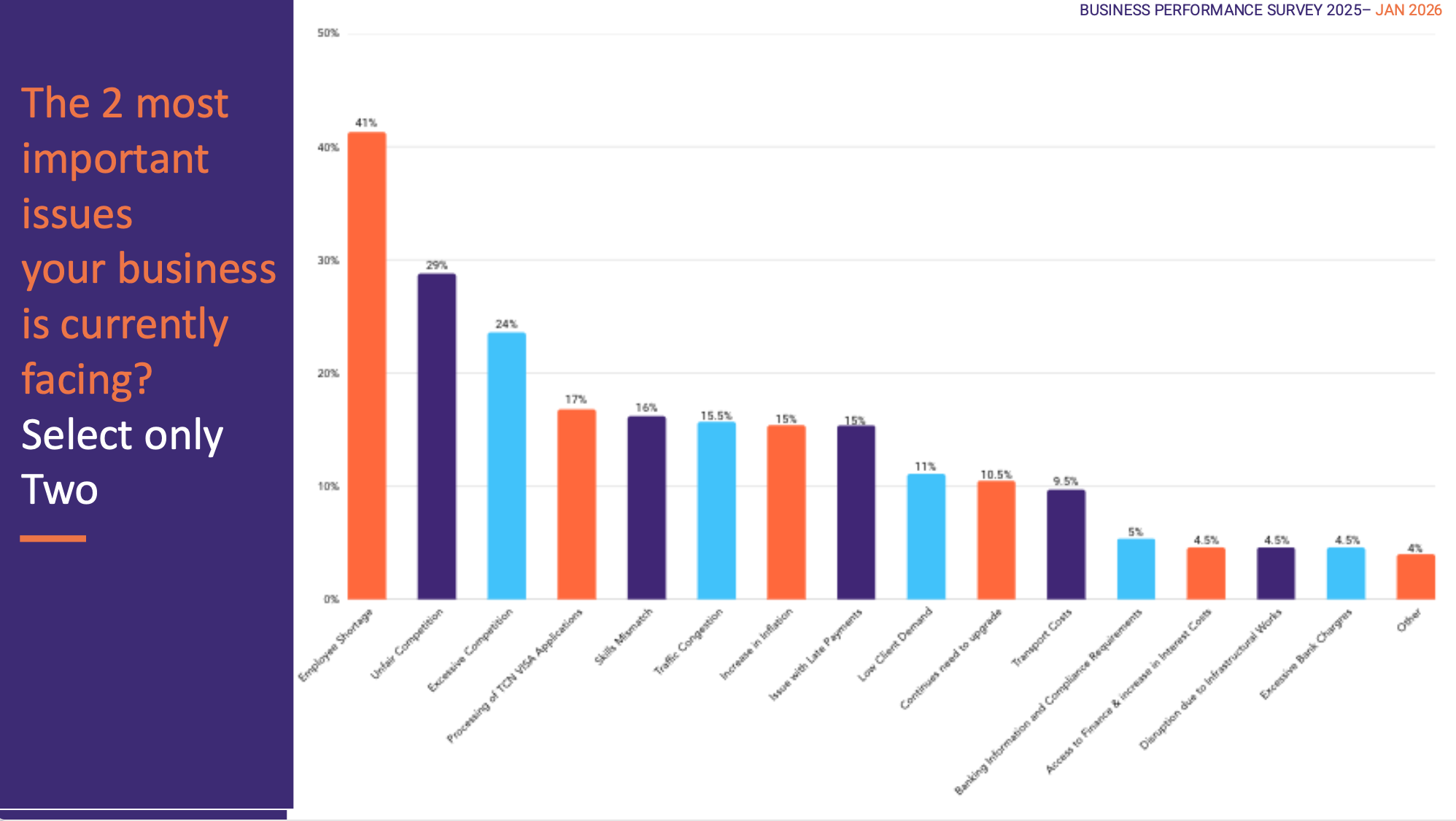
Festive season underperformed for many businesses
The festive trading period proved challenging:
• 44% of businesses saw a decrease in sales compared to the previous year
• 30% remained the same
• 26% reported an increase
The strongest sales day was Black Friday on 28th November (28%) folowed by
Christmas Eve (23%).
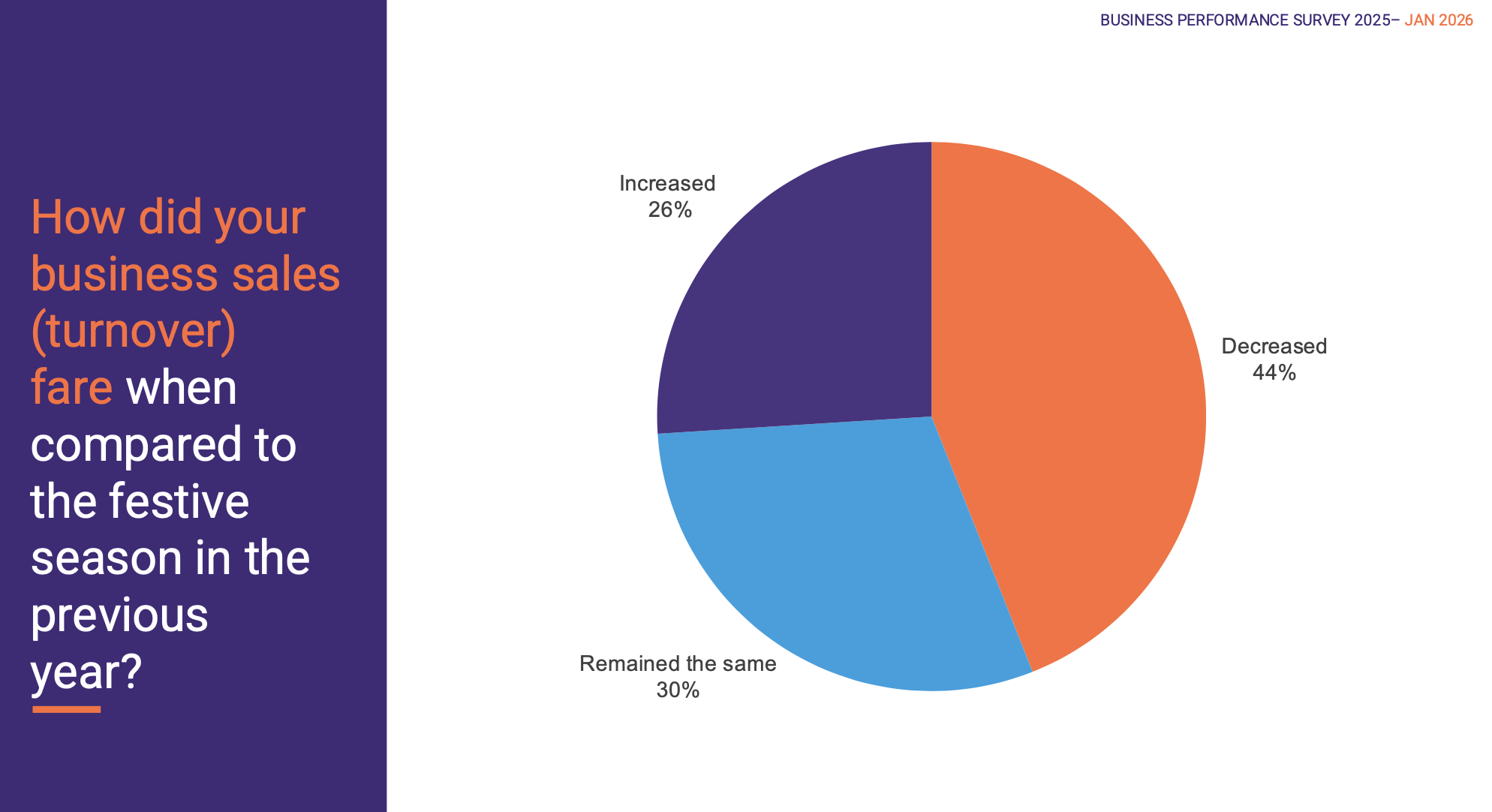
Growing concern about Malta’s direction
Survey respondents expressed increasing frustration regarding the overall business
environment. A significant number feel that Malta is not moving in the right
direction, citing:
• Unfair competition and illicit trading
• Rising bureaucracy and compliance costs
• Lack of enforcement against non-compliance
• Overpopulation and insufficient infrastructure
• Governance and transparency issues
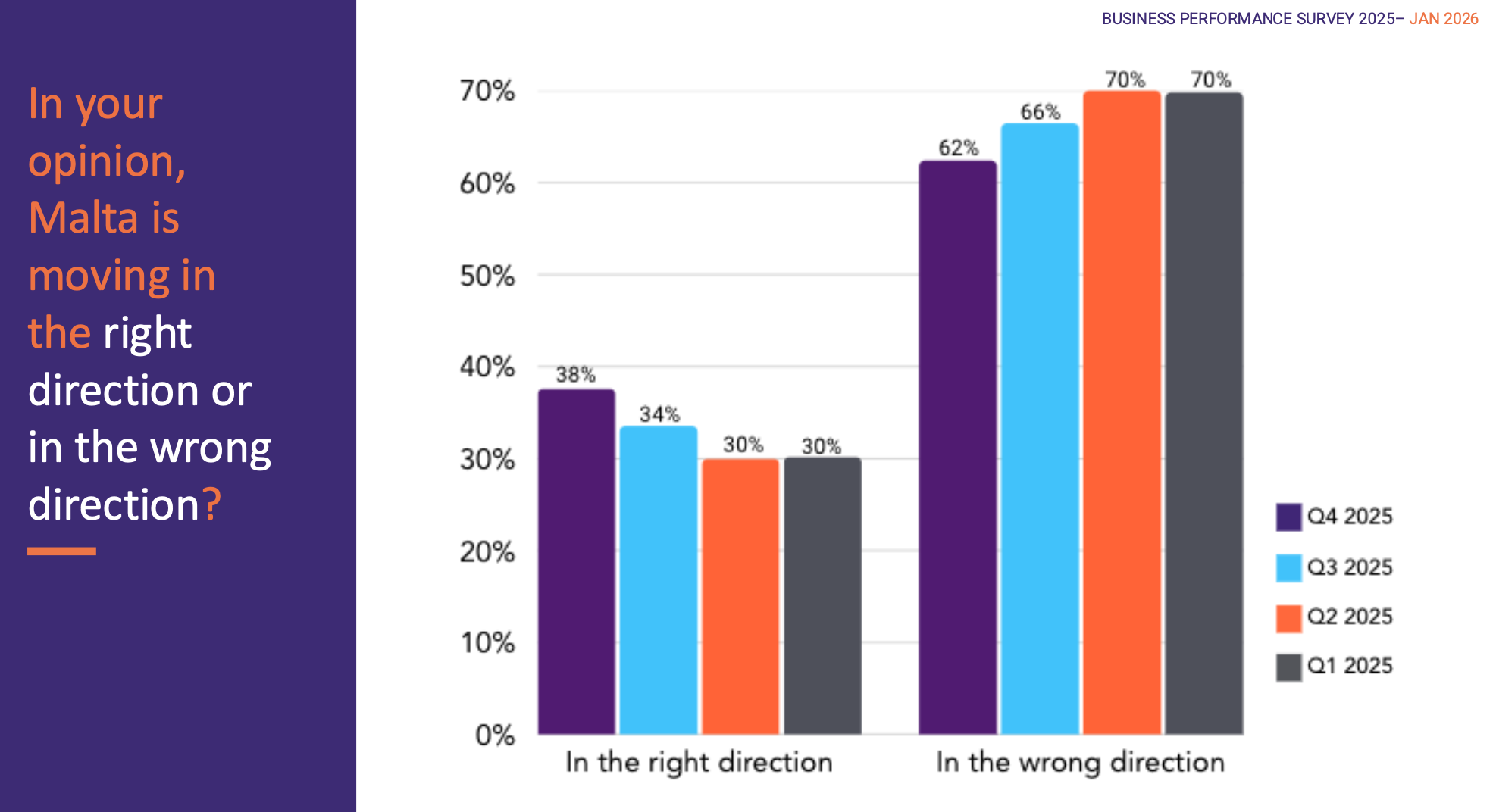
Key Observations
The Malta Chamber of SMEs highlighted several ongoing issues affecting
businesses:
• Persistent labour shortages and difficulty attracting skilled workers
• Delayed payments negatively impacting SME cash flow
• Rising costs putting pressure on profitability
Recommendations to Improve the Business Environment
Based on the findings, the Chamber recommends:
• Strong action against unfair competition to ensure a level playing field
• Simplification and centralisation of compliance processes
• Better alignment of labour migration policies with market needs
• Increased transparency and anti-corruption measures
• Improved planning and communication of infrastructure works
• Rapid implementation of fully digitised government processes to reduce
bureaucracy.
During the Press conference Mr Paul Abela, President of the Malta Chamber of SMEs said that while some businesses recorded growth in 2025, many continue to face significant challenges, particularly rising costs, labour shortages, and increasing bureaucracy, all of which need to be urgently addressed.
Misco Director Mr Lawrence Zammit said that the business sector believes it can continue to create wealth, but it needs support in order to be able to keep going.


